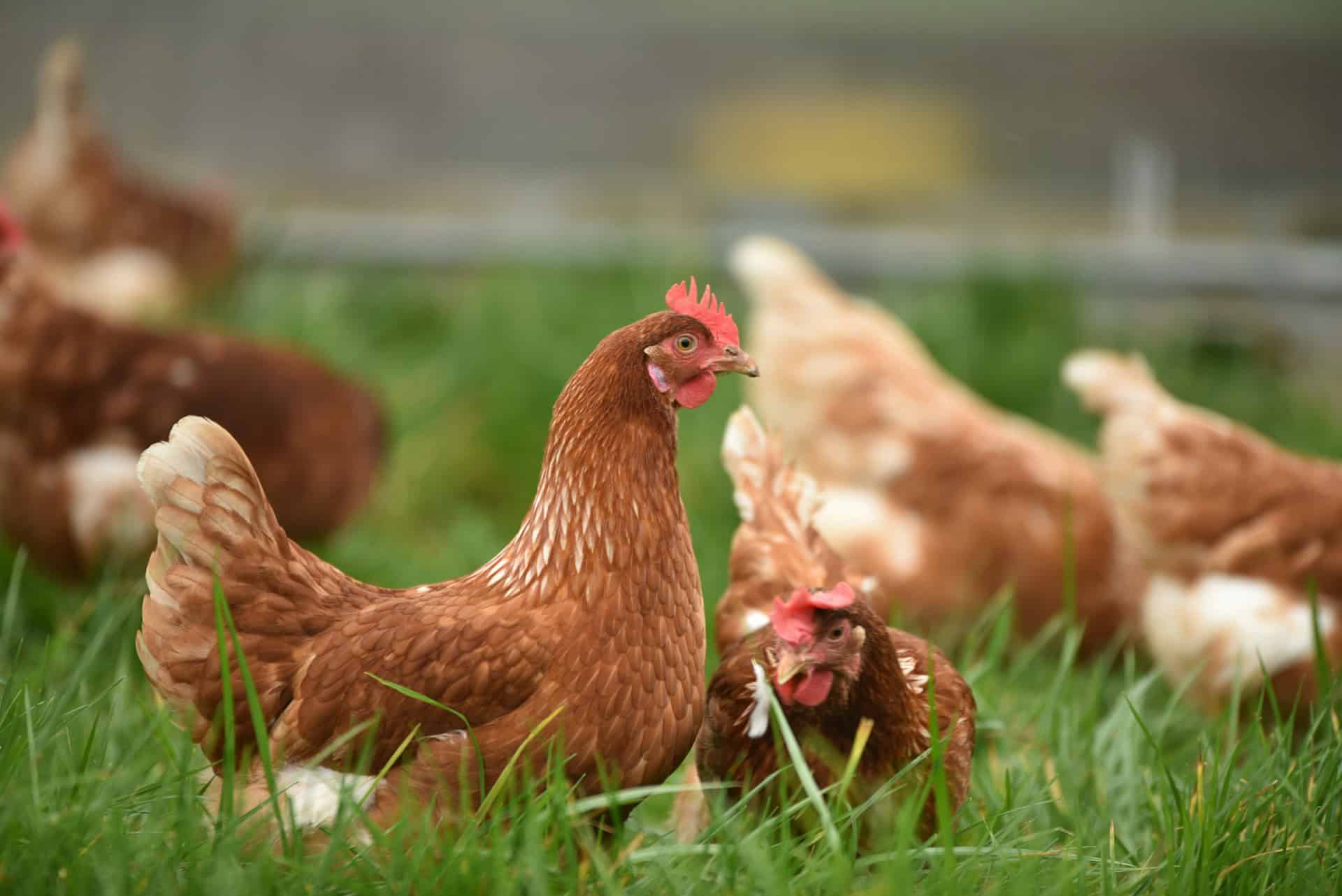Bird keepers across the Isle of Wight are being asked to protect their birds following an increase in the risk of bird flu.
Owners are being advised to take care to protect their birds from being exposed to any potential Highly Pathogenic Avian Influenza (HPAI).
There are a number of ways to prevent birds from contracting the disease — from housing them safely to following rules around racing pigeons, birds of prey and other captive birds.
Common symptoms include a swollen head, closed and runny eyes and eating less than usual.
Potter: It is key that people are vigilant
James Potter, the council’s Trading Standards and community safety manager, said,
“It is key that people are vigilant in monitoring the health of their kept birds; in reporting any suspicion of disease promptly; and in applying strict biosecurity.
“By implementing biosecurity measures keepers can reduce the likelihood of their kept birds being infected.”
Bird flu advice and guidance
- Register as a keeper of birds – You must register within one month of keeping poultry or other captive birds at any premises in England or Wales. Please see exemptions below.
- Keep birds away from other captive and wild birds.
- Prevent contact with wild birds.
- Maintain bird houses and sheds.
- Fence off or cover standing water and pools.
- Control rodents and pests.
- Clean and disinfect housing.
- Use clean clothing and footwear to tend to your birds.
- Limit and control access to your birds.
When you do not need to register
You do not need to register psittaciformes or passeriformes — such as budgies, parrots, cockatiels and finches — if they are both:
- fully housed in a dwelling (your home or another indoor structure);
- with no access to the open air.
You do not need to register an exempt bird to visit a veterinary practice.
If your birds are taken outdoors at any time, for example to be exercised, trained, or taken to bird gatherings or shows, they must be registered.
Reporting suspected HPAI
If you suspect bird flu in poultry or other captive birds, you must report it immediately by calling 03000 200 301. Bird flu is a notifiable disease in poultry and other captive birds. If you do not report it, you’re breaking the law.
Find out what you can do to prevent bird flu and stop it spreading and how to spot and report it in poultry or other captive birds.
Article edit
12.28pm 20th Nov 2024 – When you do not need to register added
News shared by Isle of Wight council press office, in their own words. Ed





